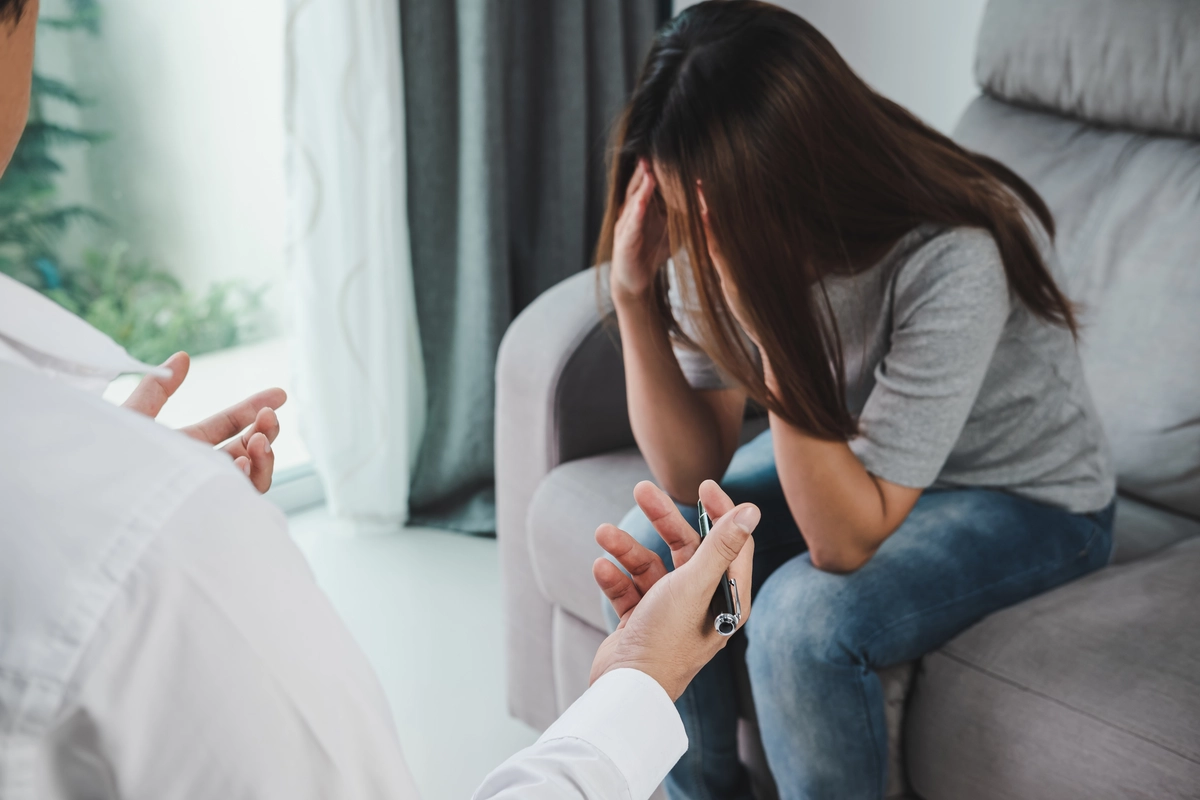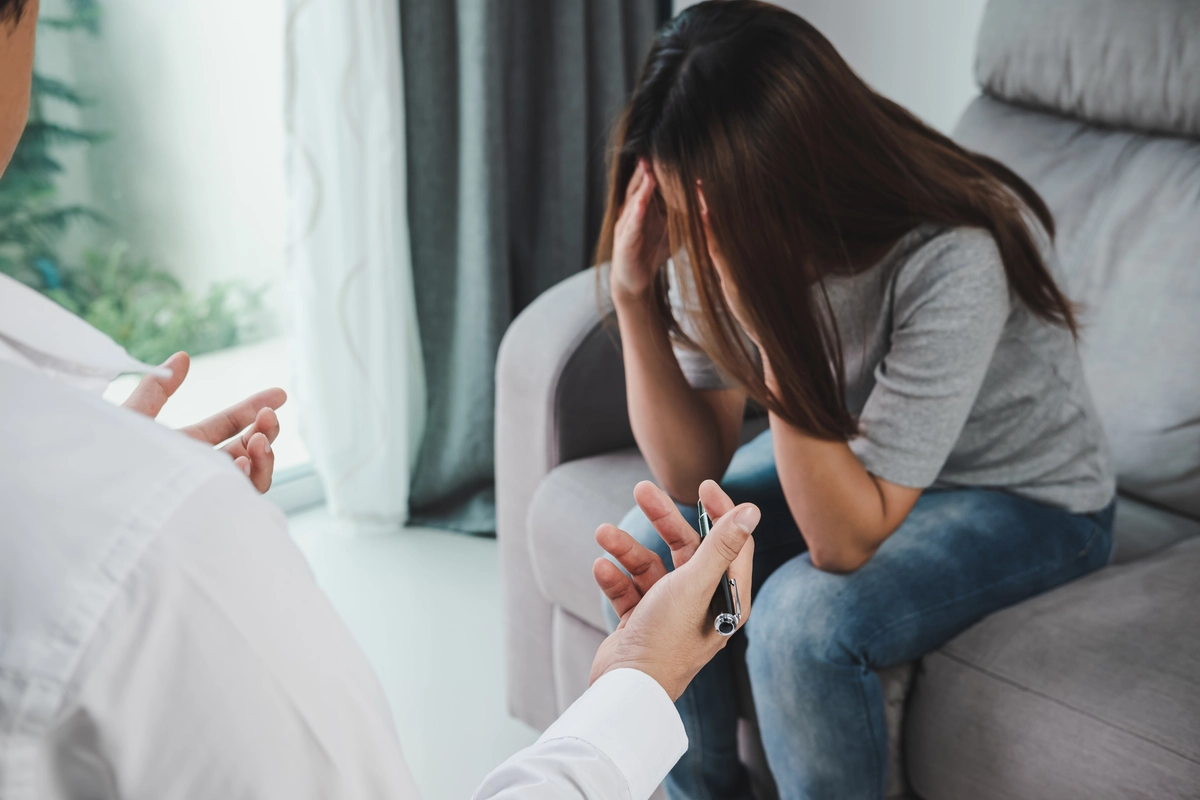24/7 Helpline:
(866) 899-221924/7 Helpline:
(866) 899-2219
Learn more about Bipolar Disorder Treatment centers in Floyd County

Other Insurance Options

Magellan Health

United Health Care

Absolute Total Care

Holman Group

EmblemHealth

Optum

Premera

BlueShield

Humana

Sliding scale payment assistance

Health Net

Lucent

Optima

Highmark

UnitedHealth Group

Regence

Health Partners

American Behavioral

Carleon

BHS | Behavioral Health Systems

New Horizons Treatment Center
New Horizons Treatment Center is a private rehab located in Rome, Georgia. New Horizons Treatment Ce...

Highland Rivers Health – Floyd Recovery and Wellness Center
Highland Rivers Health provides a variety of treatment programs and services to meet your individual...

Rome Memorial Hospital – Senior Behavioral Health Unit
Rome Memorial Hospital – Senior Behavioral Health Unit is a private rehab located in Rome, New York....

Neighborhood Center – Behavioral Health
Neighborhood Center – Behavioral Health is a private rehab located in Rome, New York. Neighborhood C...























































AA – Alcoholics Anonymous – Meeting Information
AA – Alcoholics Anonymous – Meeting Information is a non-profit rehab located in Rome, Georgia. AA –...

Highland Rivers Health – Crisis Stabilization
Highland Rivers Health - Crisis Stabilization provides a wide variety of behavioral healthcare servi...

Center for Family Life and Recovery
Center for Family Life and Recovery provides Prevention, Mental Health, and Behavioral Services, as ...
Beacon Center
Beacon Center - West Liberty Street offers outpatient treatment for individuals with alcohol and/or ...



























































